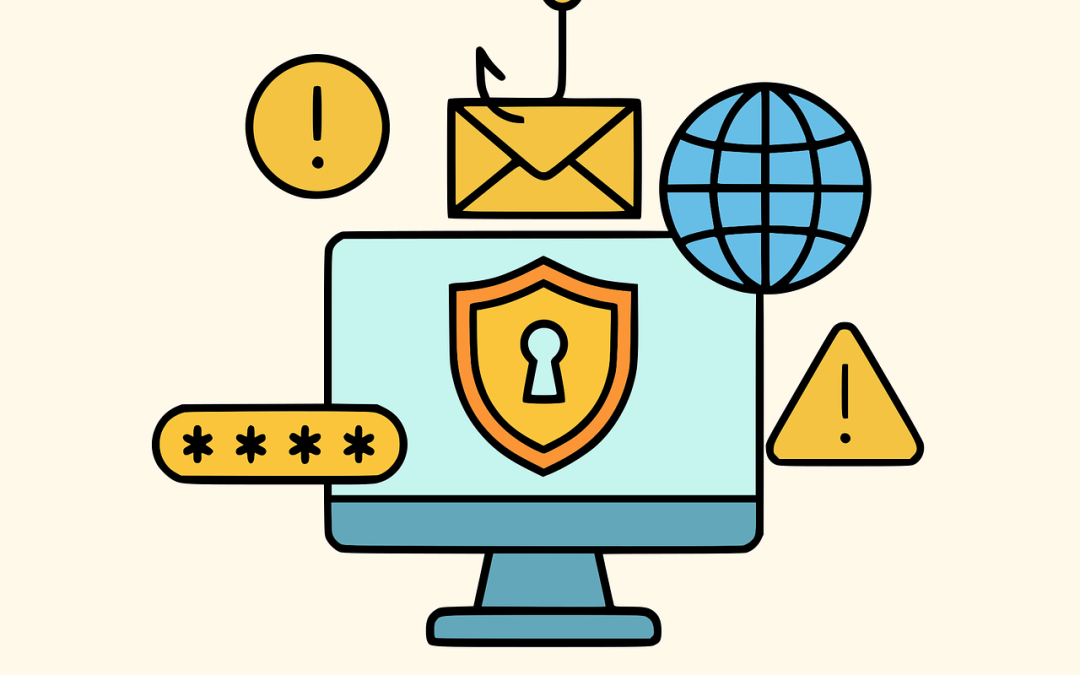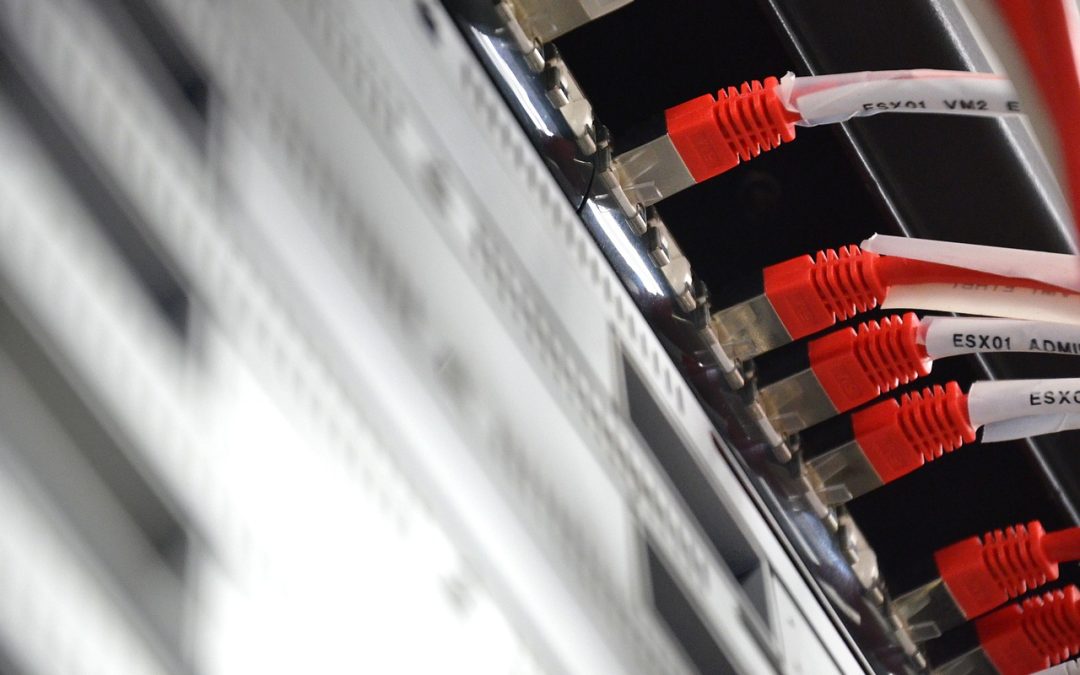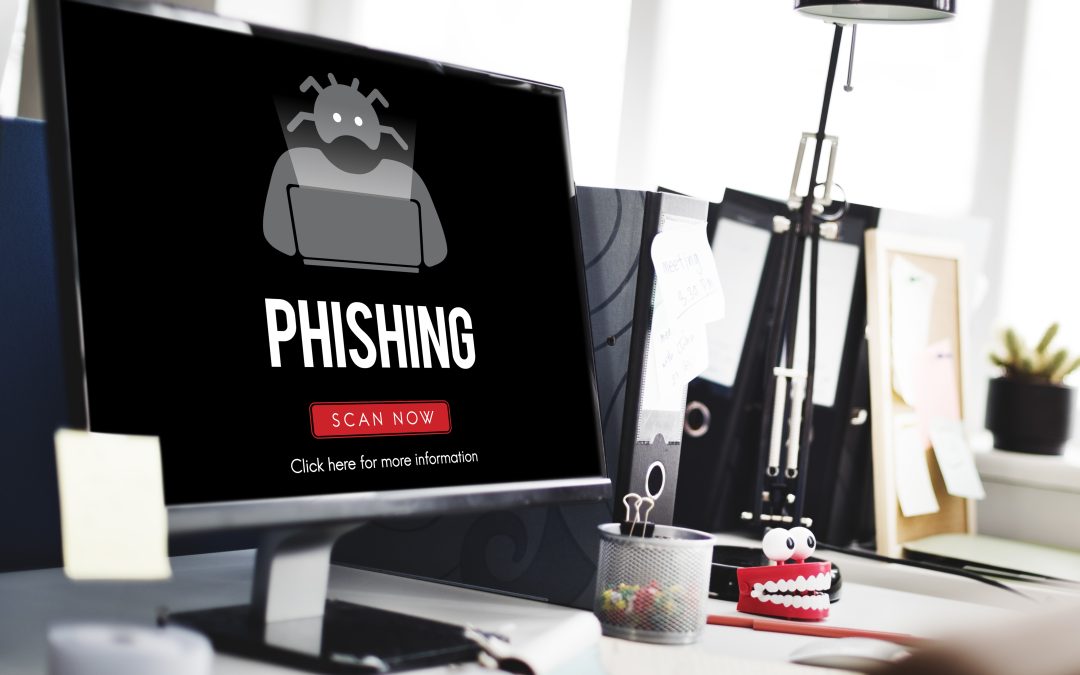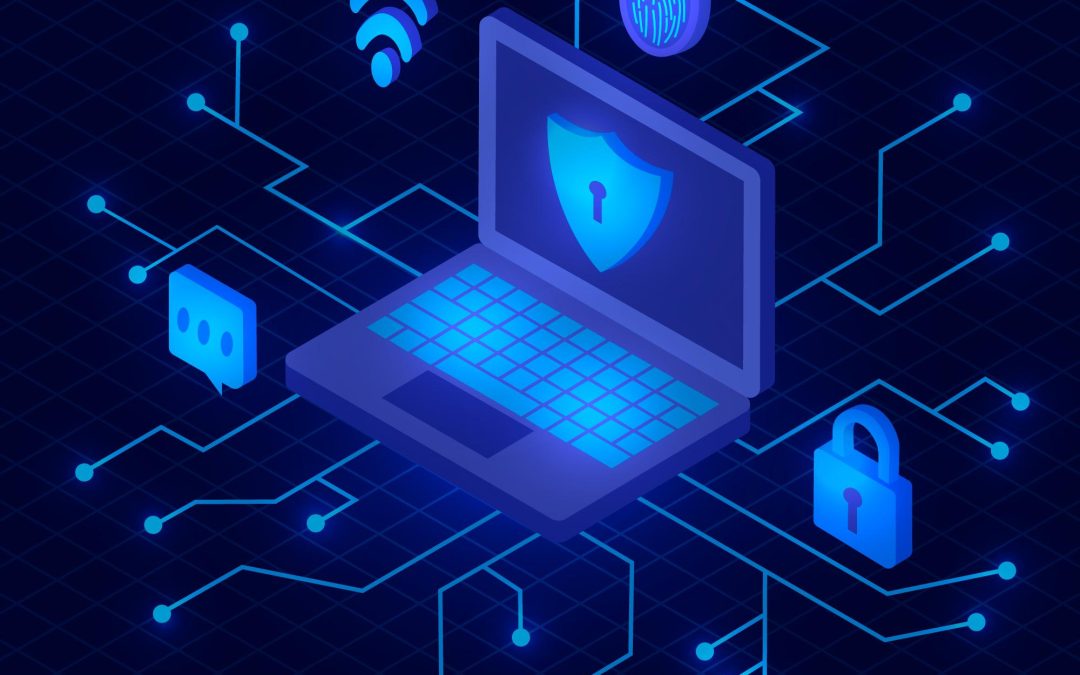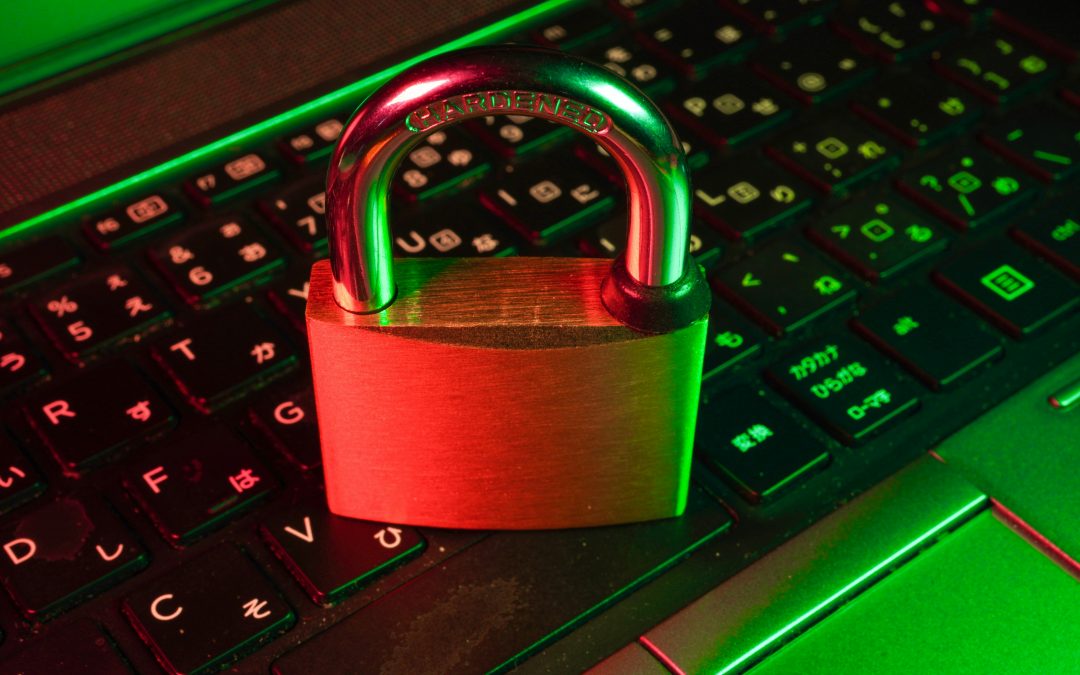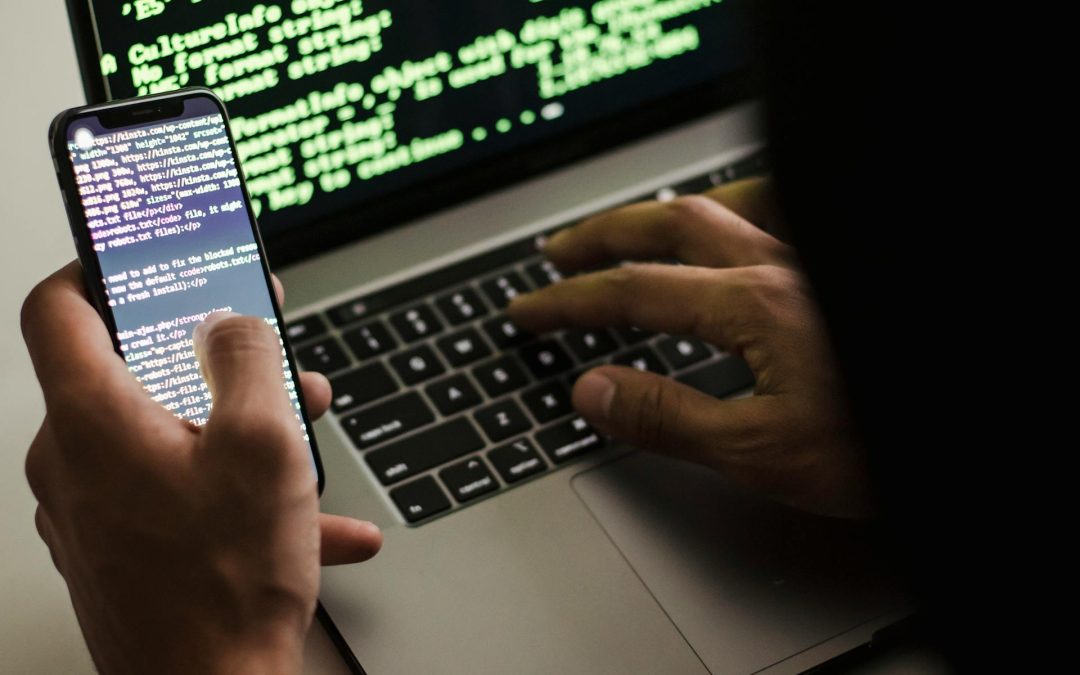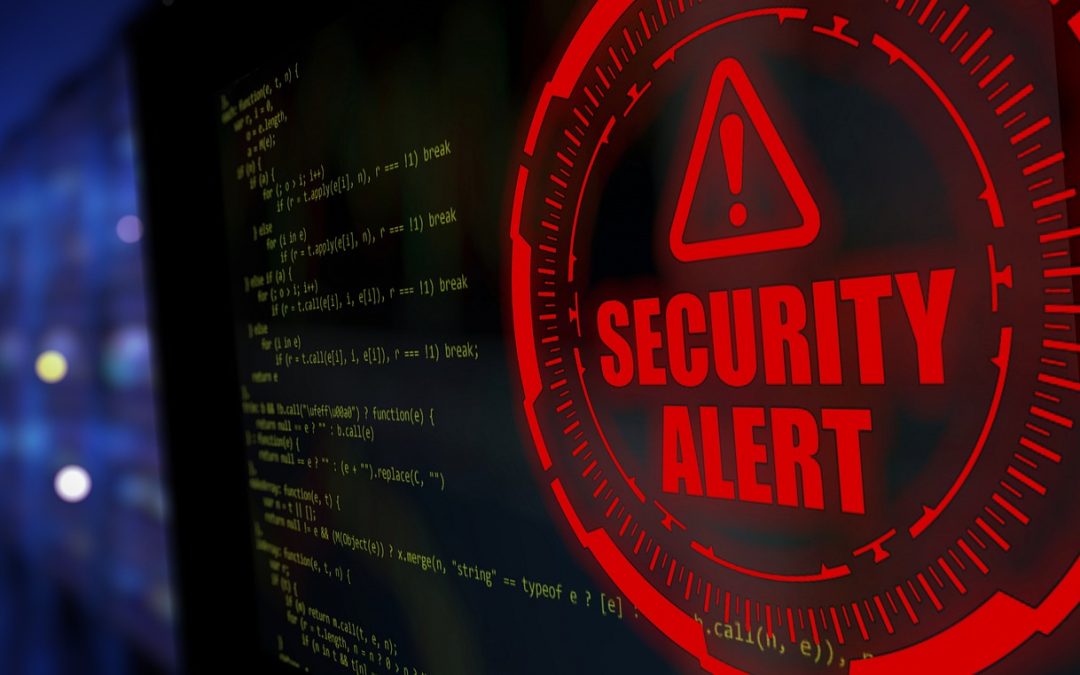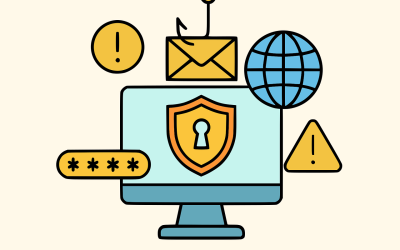Aujourd’hui, la cybersécurité fait partie des enjeux premiers des entreprises. Et, les supports amovibles comme les clés USB représentent un vecteur d’attaque privilégié par les cybercriminels pour infiltrer des réseaux d’entreprise. En effet, 37% des menaces cyber ont été spécialement conçues pour se propager par le biais des ports amovibles. L’enjeu est donc de taille pour les entreprises. Pour se défendre efficacement contre de telles menaces, il est particulièrement importants d’adopter des mesures préventives robustes. Tyrex vous délivre des conseils essentiels pour vous prémunir contre les infections par clé USB.
1. Désactiver l’exécution automatique de la clé USB
Bien souvent, lorsqu’une clé USB est insérée dans un ordinateur, le système va automatiquement exécuter certains fichiers présents sur la clé. Il les télécharge et cherche à les mettre en fonctionnement.
Cela peut être dangereux si la clé contient des logiciels malveillants. La politique de cybersécurité doit donc inclure une mesure pour désactiver cette fonctionnalité d’exécution automatique sur l’ensemble des postes de l’entreprise.
2. Utiliser des bornes de décontamination USB
Deuxième conseil, s’équiper de bornes de décontamination USB. Dispositifs essentiels pour sécuriser les réseaux d’entreprise, elles analysent les supports amovibles à la recherche de malwares et peuvent mettre en quarantaine les fichiers suspects et empêchent ainsi la propagation de virus ou de logiciels malveillants. Développés par TYREX, nos solutions technologiques sont en constante évolution pour faire face aux menaces nouvelles et émergentes. Une manière de vous protéger face aux menaces les plus sophistiquées !
A ce titre, il est impératif d’établir et de maintenir une politique de sécurité informatique stricte qui inclut des directives claires concernant l’utilisation des supports amovibles. Dans les entreprises et organisations publiques, il est possible de mettre en place une interdiction d’utiliser des clés USB non approuvées, obligeant les usagers à passer par une borne de décontamination avant toute utilisation sur le réseau.
Pour les entreprises industrielles, il peut même être judicieux de limiter physiquement l’accès aux ports USB sur les machines critiques, ne permettant leur utilisation qu’aux supports analysés et approuvés. Cela ajoute une couche de sécurité en limitant les possibilités d’insertion de dispositifs potentiellement infectés.
3. Former et sensibiliser les employés
La formation des employés à la cybersécurité est d’importance capitale pour renforcer la sécurité informatique. En effet, un manque de pédagogie peut avoir des conséquences dramatiques. D’après une recherche réalisée par Google, près de la moitié des individus (48%) qui trouvent une clé USB par hasard ont tendance à la récupérer et à la connecter à un ordinateur.
Diffuser des messages de sensibilisation et former le personnel aux bonnes pratiques réduit ainsi le risque d’erreurs humaines qui pourraient conduire à des infections. Cela fait partie des gestes clés en matière de cybersécurité.
4. Mettre à jour régulièrement les systèmes antivirus
Assurez-vous que toutes vos solutions de sécurité, y compris les logiciels antiviraux et les systèmes de décontamination USB, sont régulièrement mises à jour. Cela permet de protéger efficacement vos réseaux informatiques contre toutes les catégories de malwares et d’assurer une sécurité optimale.
Pensez à regarder régulièrement les nouvelles solutions présentes sur le marché pour adapter le système de sécurité à votre activités. Les technologies cyber évoluent vite !
5. Effectuer des audits de sécurité réguliers
Les audits réguliers permettent de détecter les vulnérabilités dans les pratiques de cybersécurité de l’entreprise, y compris dans l’utilisation des supports amovibles. Ces audits aident à identifier et à rectifier les faiblesses avant qu’elles ne soient exploitées par des hackers.



